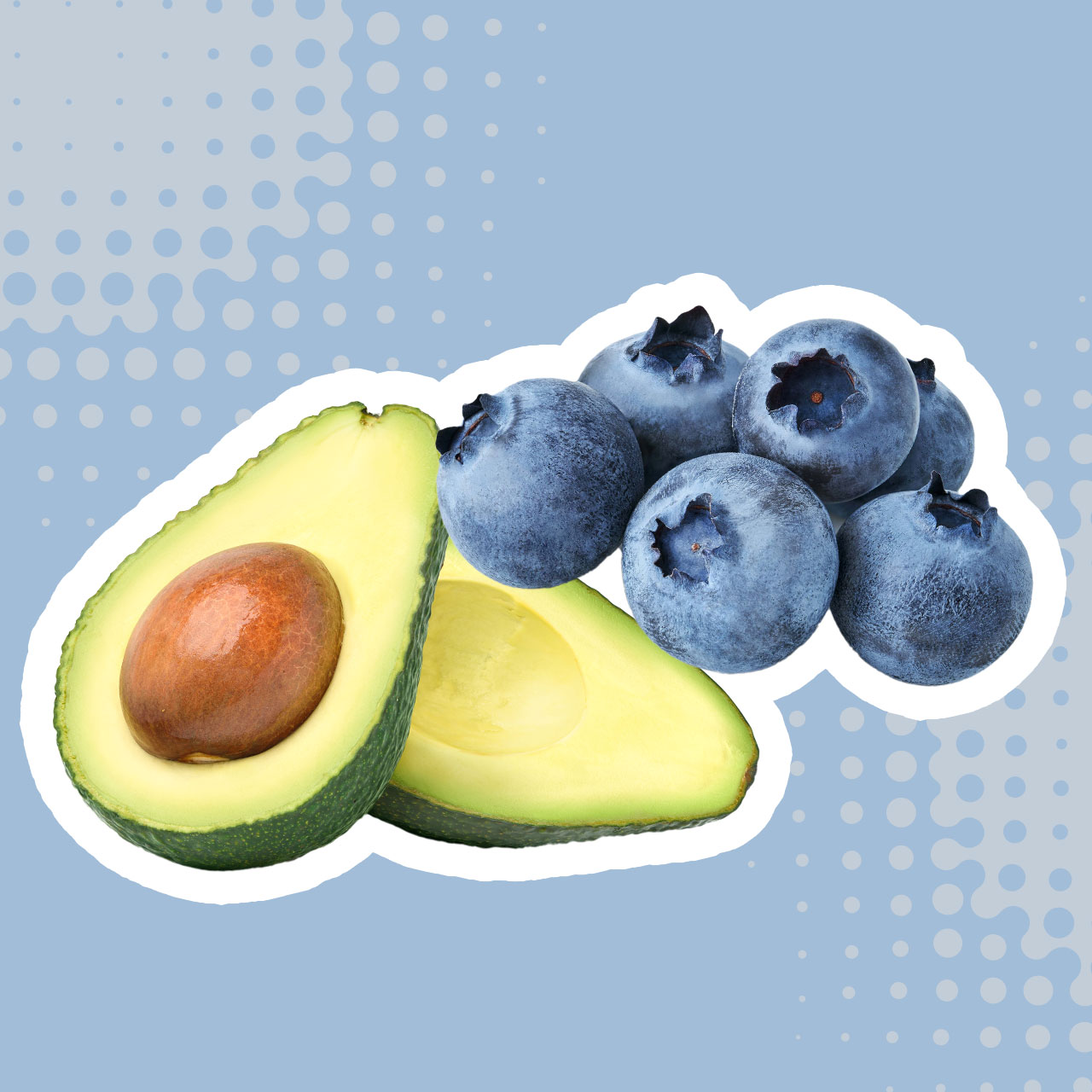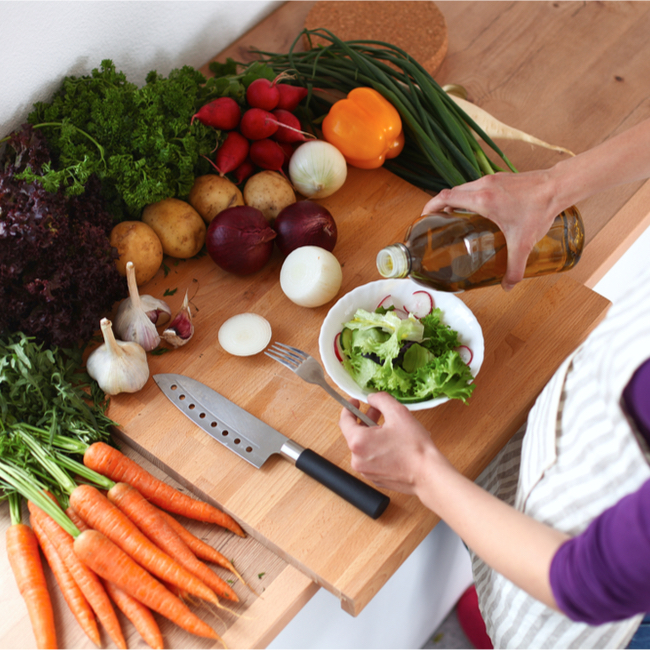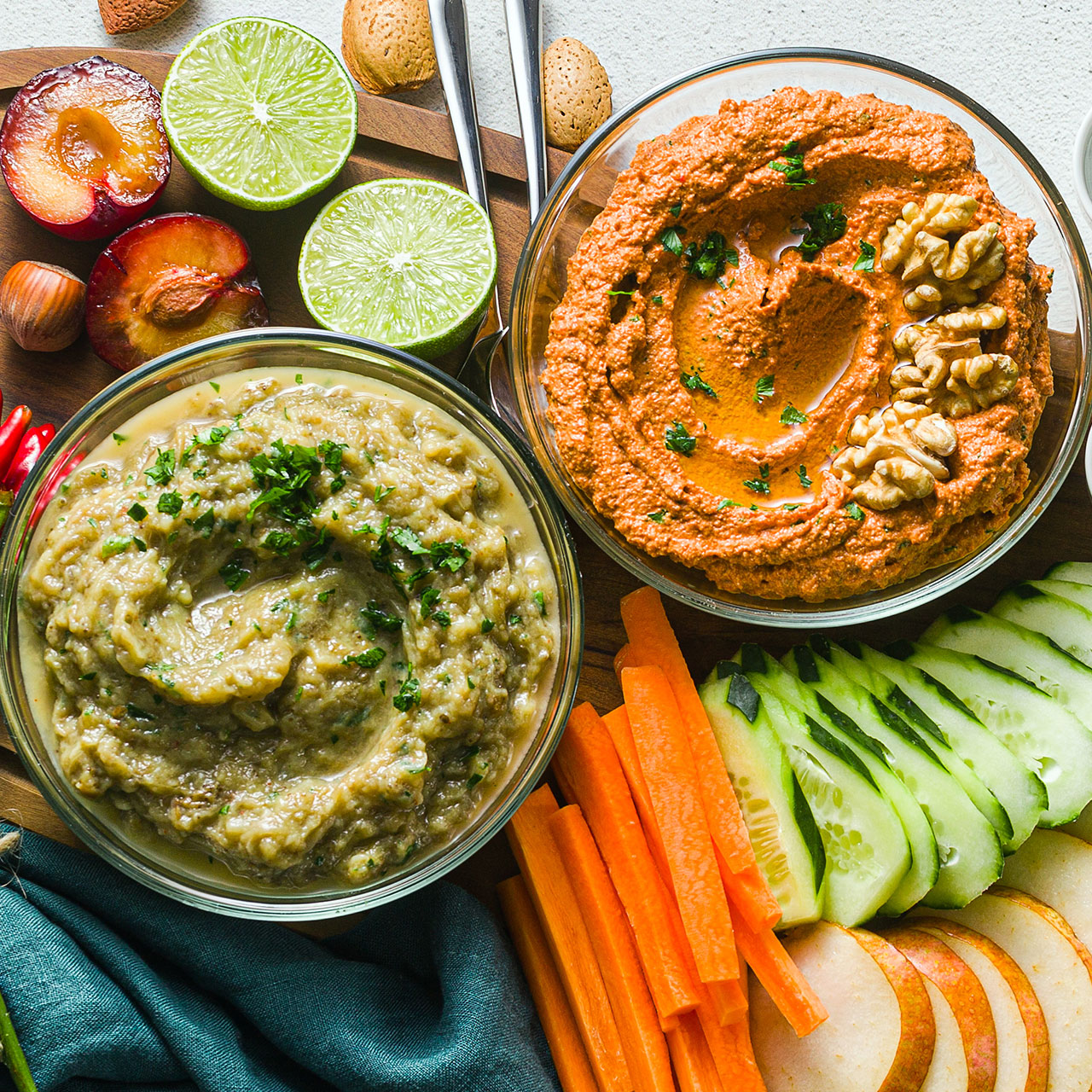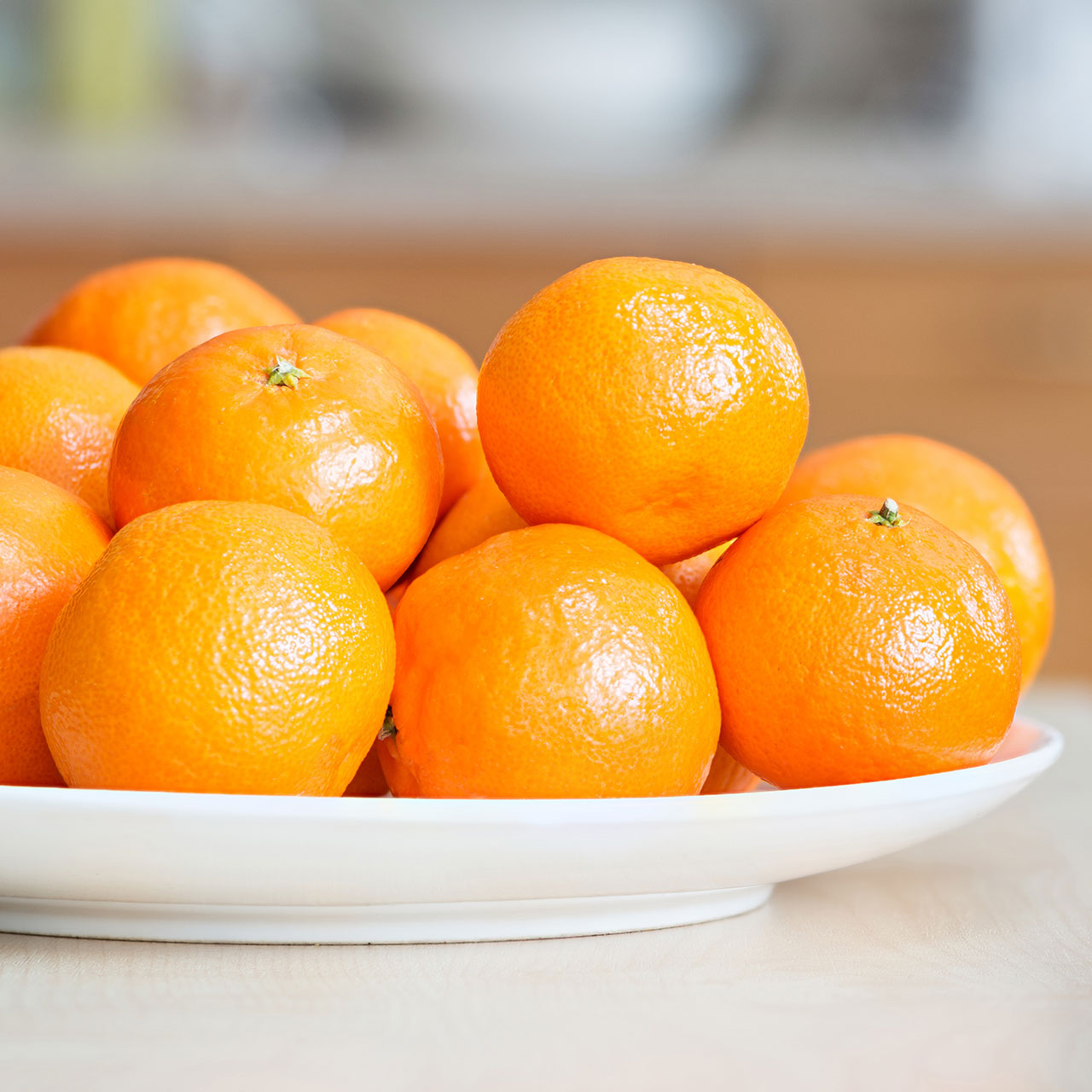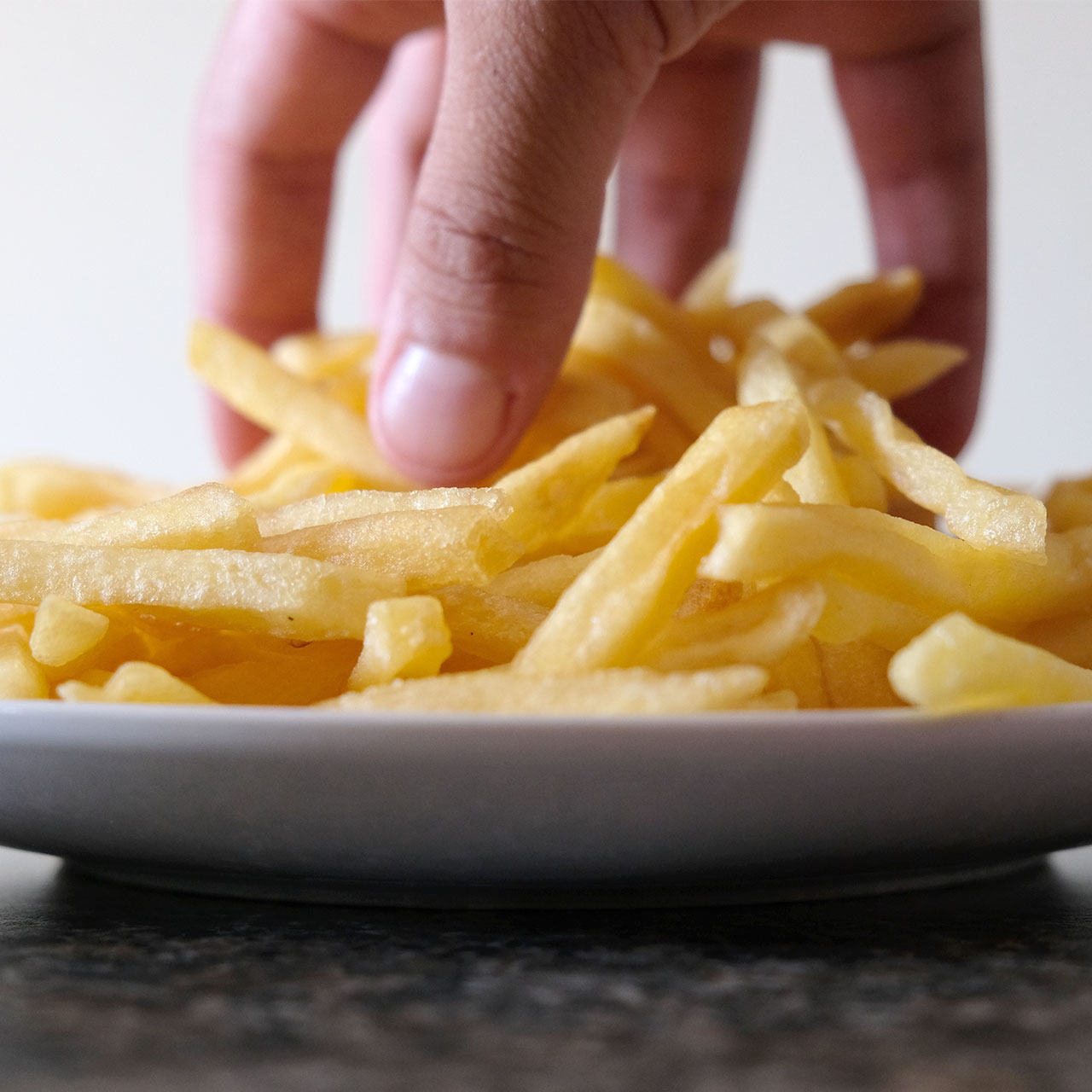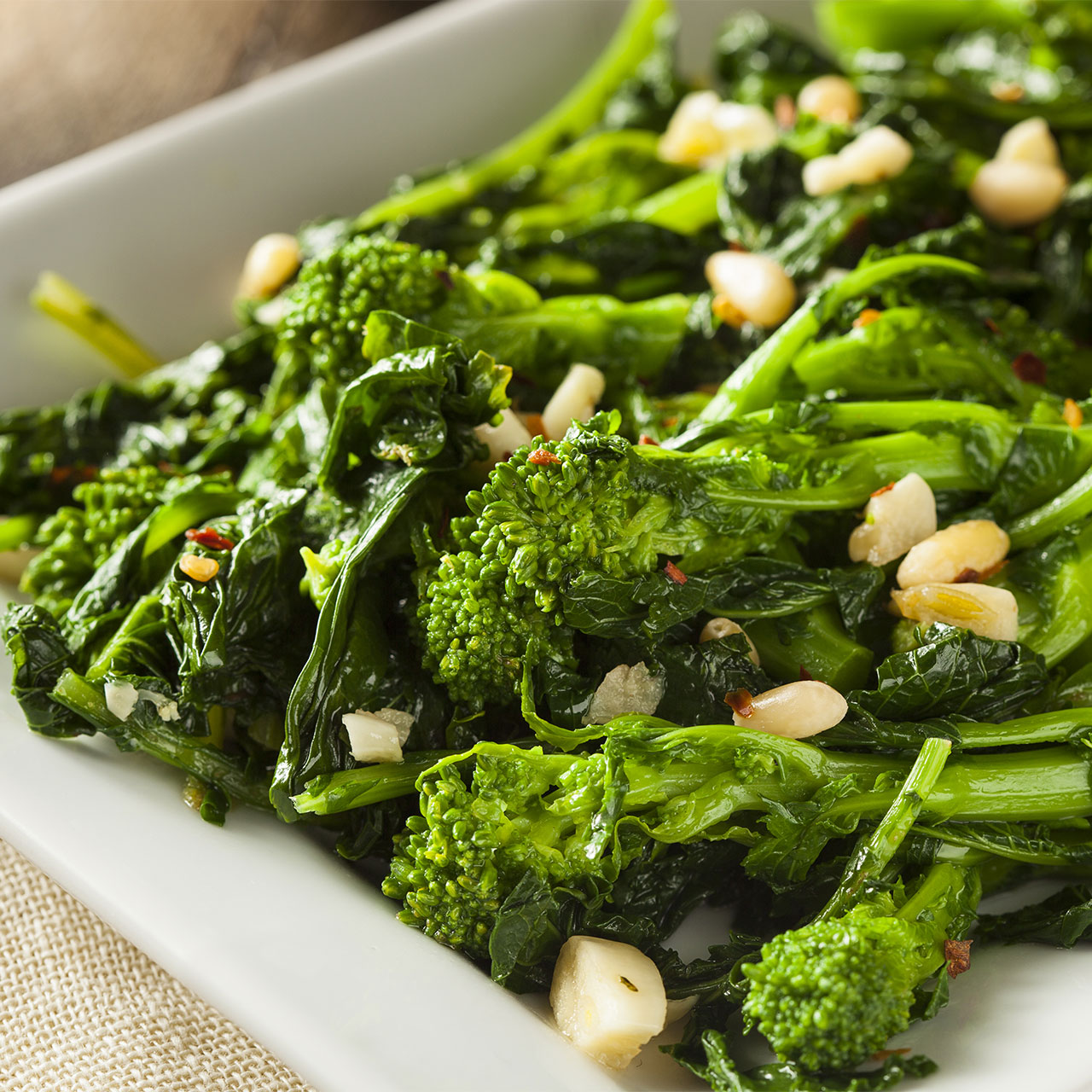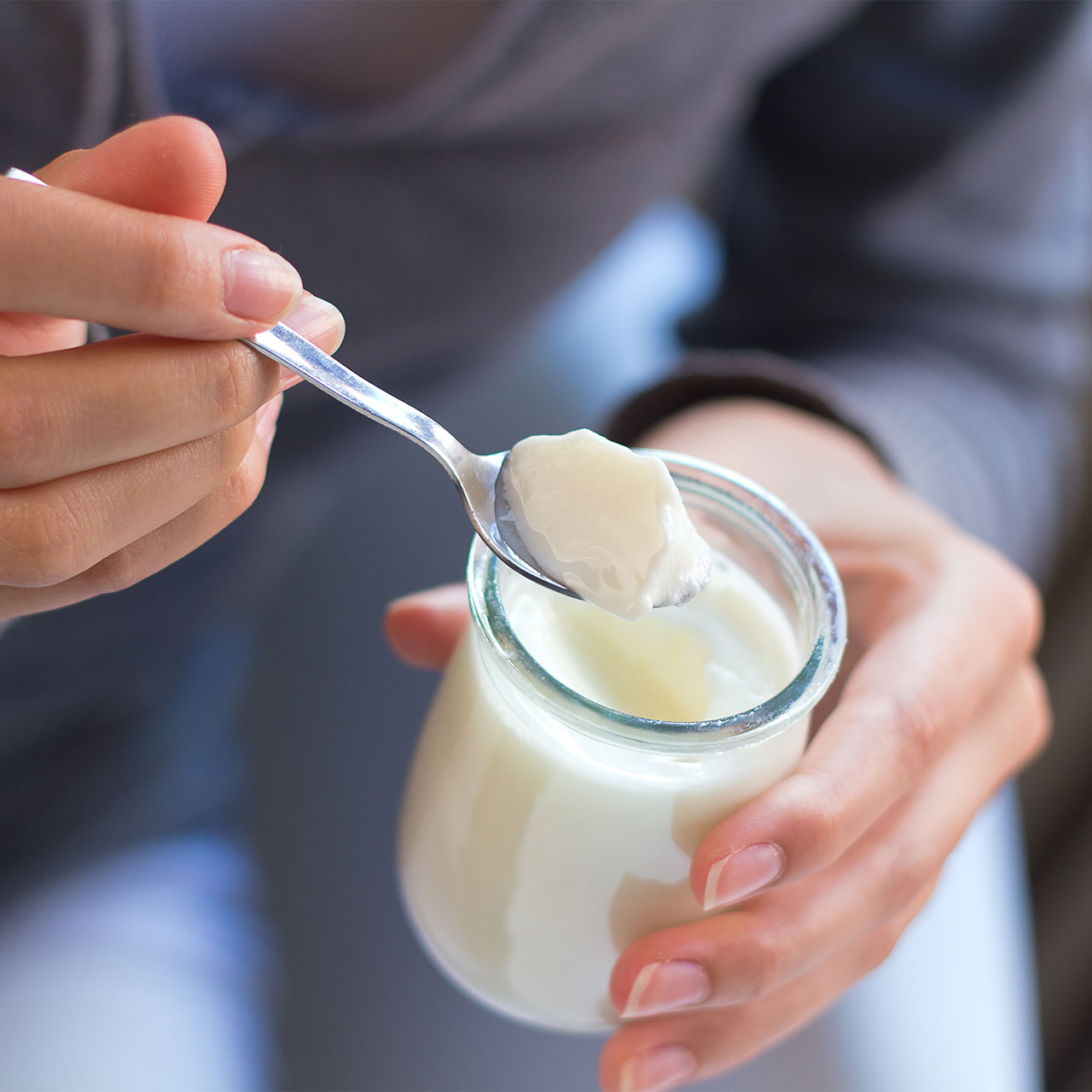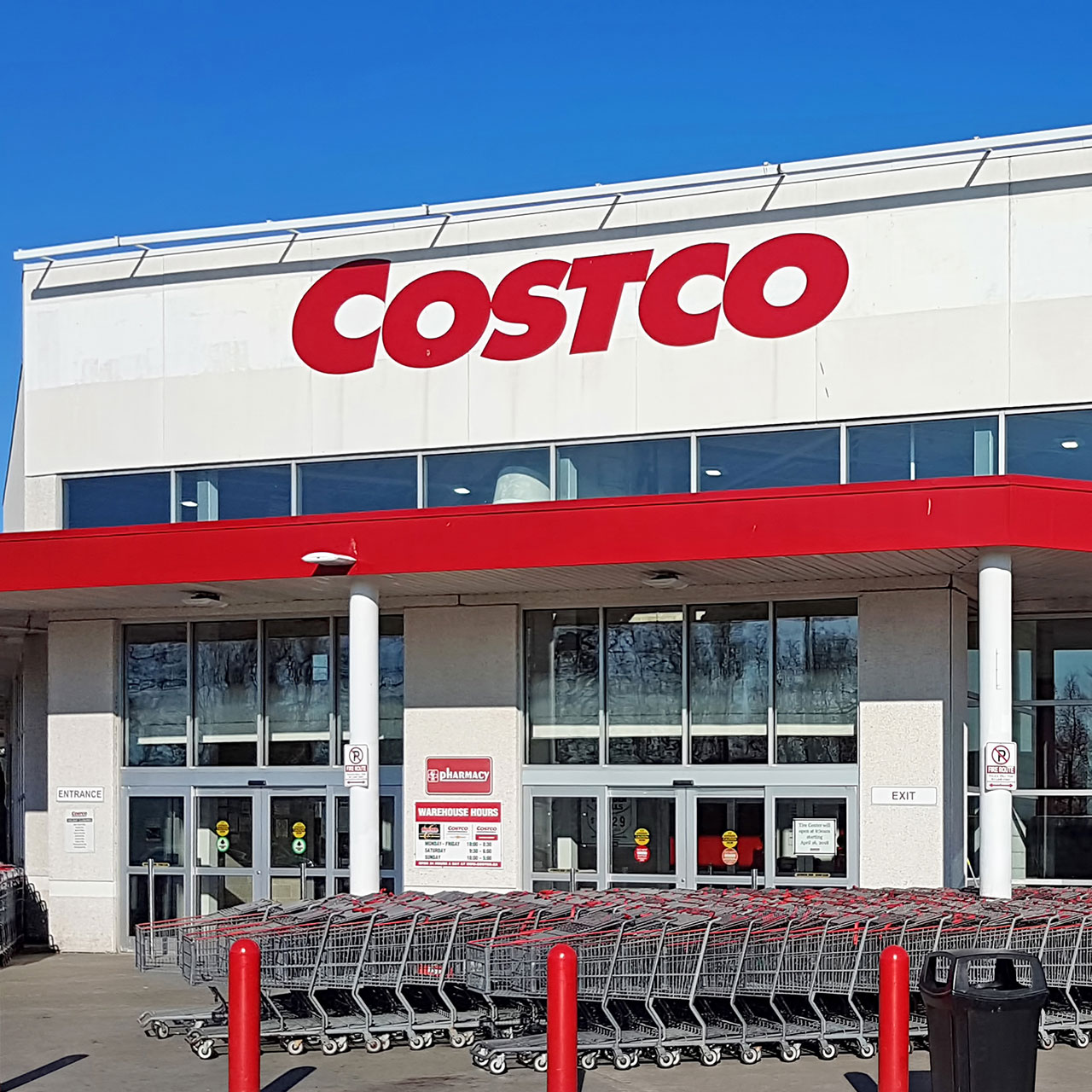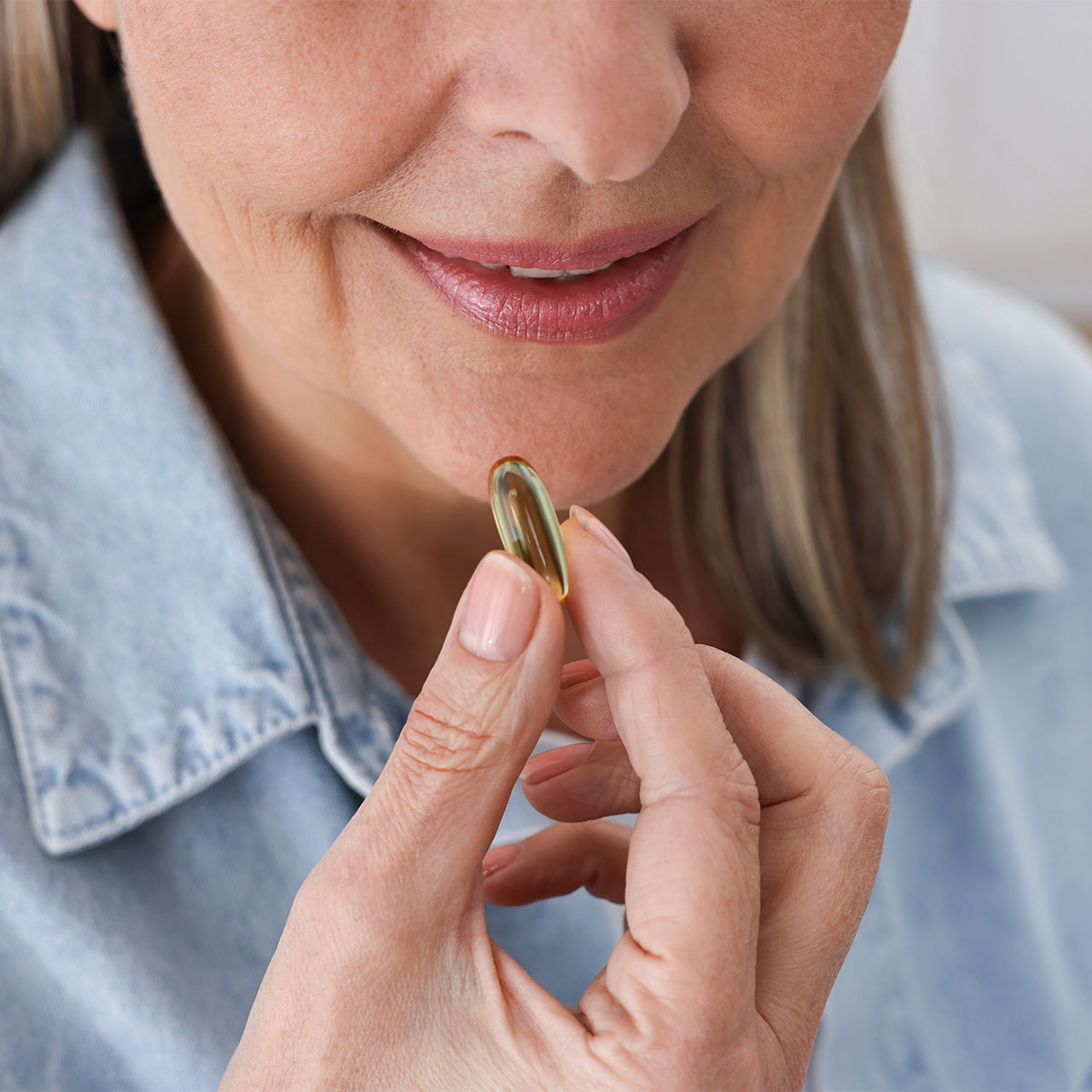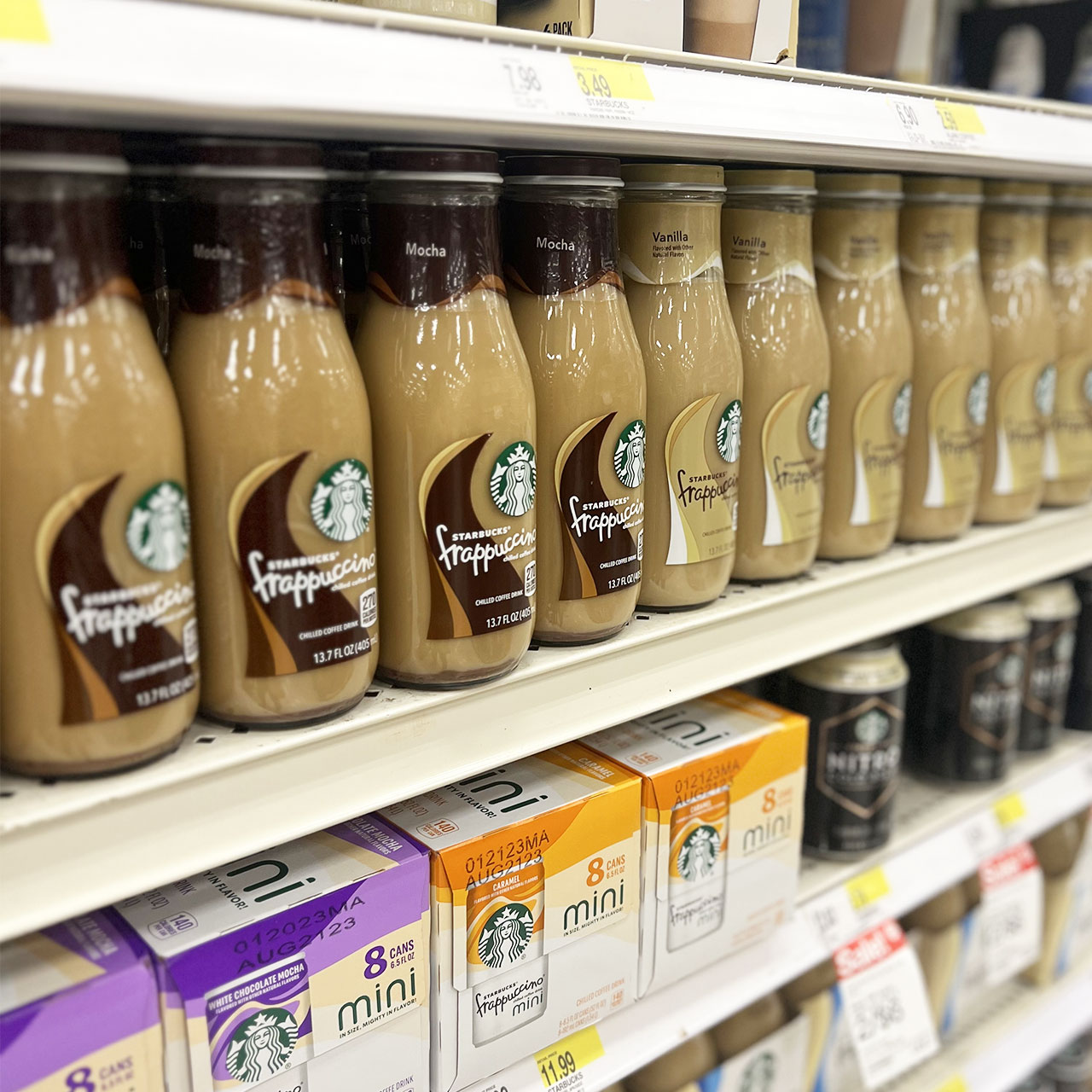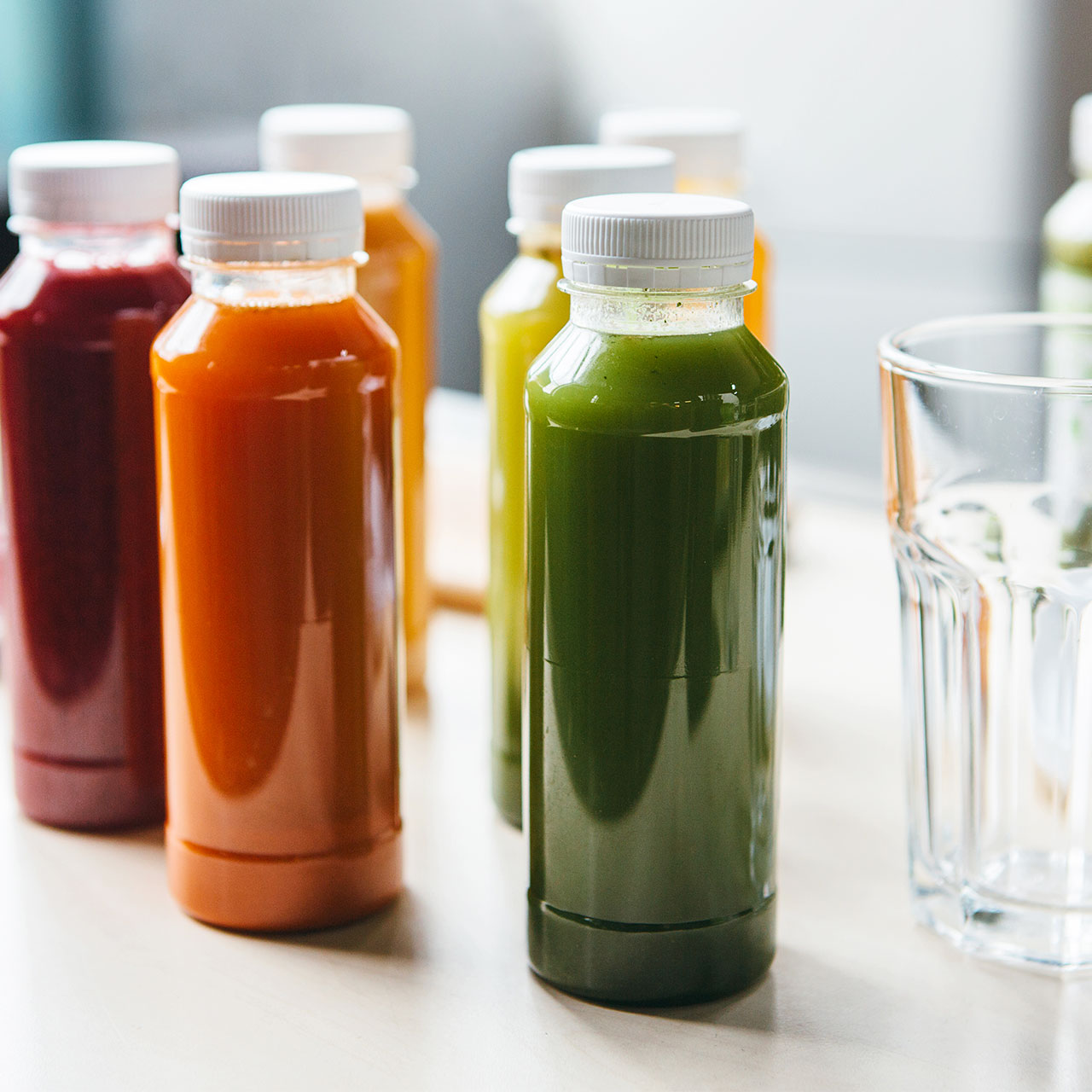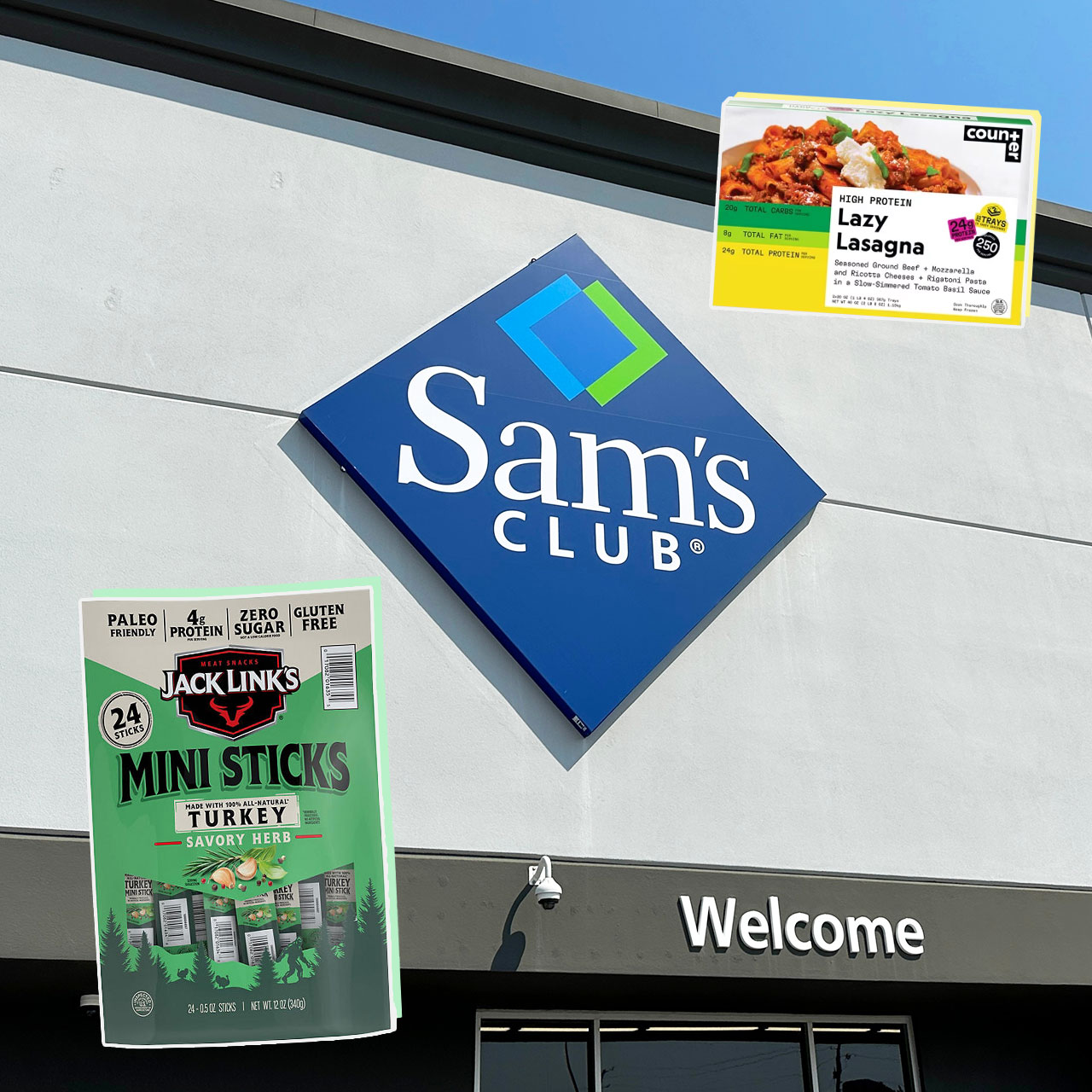Occasional bloating is one thing, but chronic inflammation can entirely derail your day, leading to struggles with self esteem and even a potentially unhealthy relationship with food as you work to navigate which ingredients are “safe” to eat and which will leave you blown up like a balloon. Many people who struggle with regular inflammation of the gut will attempt to follow healthier diets to eliminate foods which may be aggravating the gut, but the surprising reality is that even some nutritionally dense ingredients may be to blame for your tummy troubles, particularly if you’re eating them in bulk.
We spoke with registered dietitian Trista Best and chief medical officer and pain specialist for Clearing, Dr. Jacob Hascalovici to get a better sense of the healthy foods which may be exacerbating your bloating and chronic inflammation, and what you can do to reduce symptoms.
According to Best, nearly 40% of Americans struggle with chronic inflammation, so it’s important to know what common healthy foods may be triggers so as to eliminate or reduce them within your diet. “The standard American diet is rich in omega-6 fatty acids and refined carbohydrates. Because omega-6 is pro-inflammatory and omega-3 is anti-inflammatory there is a balance that must be struck between the two to keep the body from becoming inflamed,” she explains. While it’s unrealistic to entirely cut fats or carbs out of your eating plan, there are several specific foods which may be to blame for your chronically inflamed gut.

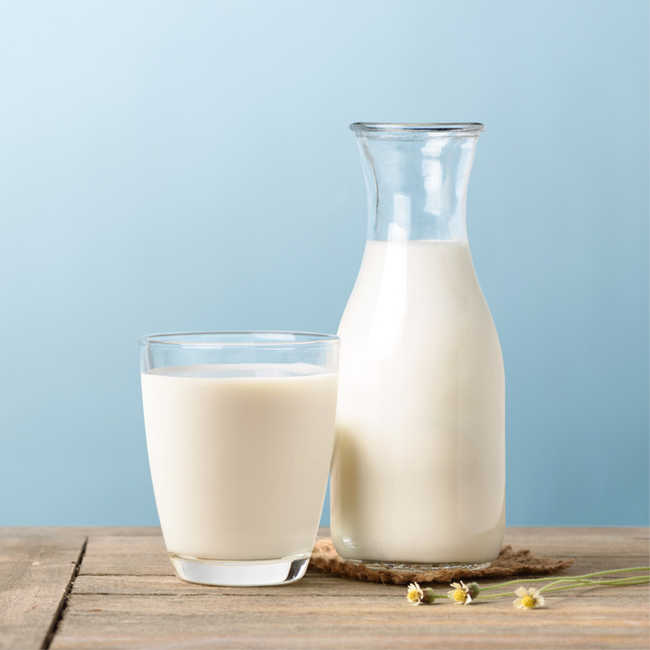
Milk
Dairy products such as milk are generally a good source of protein, but if you consistently feel sick and bloated after having milk, a lactose intolerance may be at play. Lactose is the active sugar in dairy, and having an intolerance means you are unable to adequately digest it, leading to stomach issues such as inflammation, pain, and even diarrhea. “If you suspect this is the case, steer clear of whole milk, heavy creams, and other sources of full-fat milk, which could include tricky treats like frozen yogurt,” suggests Hascalovici. “Nut milks may be a better choice, at least in the short term.”
Tomatoes, Potatoes, and Eggplants
Tomatoes, potatoes, and eggplant are rich in a variety of micronutrients and also contain ample fiber which can improve your health overall. That being said, these are nightshade plants which have been known to cause significant inflammation. “These popular members of the nightshade family of plants contain alkaloids, a substance that can increase joint inflammation, so it may be best to avoid them for a while and see if you notice any improvements,” recommends Hascalovici.
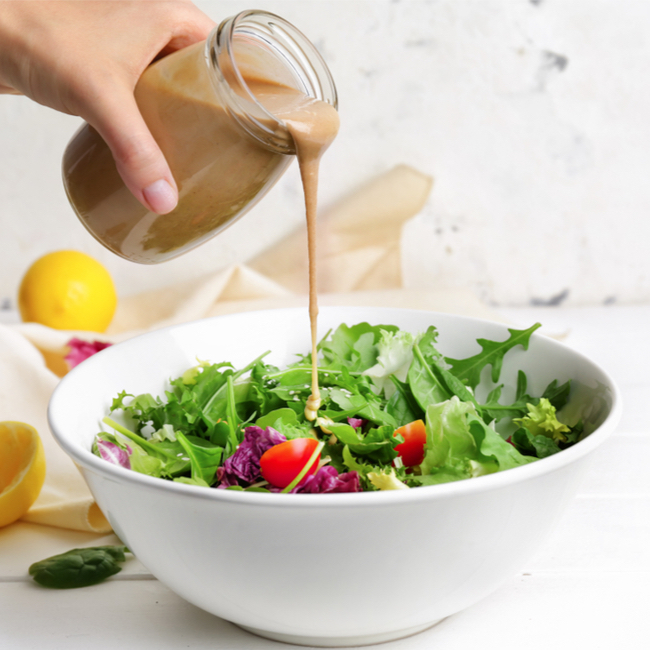
Low-Fat Salad Dressing
It may come as a surprise that just because a salad dressing claims to be low-fat, that doesn’t make it healthy, per say. “To cut out fats, some low-fat dressings pump up flavor with added sugars. Keep an eye out for these, or make easy salad dressings at home that better fit your eating needs,” says Hascalovici. Contrary to popular belief, eating fats will not actually make you fat, and it’s a vital macronutrient for supporting your wellbeing. Therefore, going great lengths to cut it out of your diet may result in significant inflammation, particularly if your fats are replaced with sugar.
Agave Nectar
Sugar has gotten a bad rap for being a primary cause of weight gain, but ‘healthy’ sweetener alternatives also come with their own selection of pitfalls, particularly agave nectar. “A well-known ‘health’ sweetener, refined agave syrup holds high levels of fructose that can actually spur inflammation,” notes Hascalovici. “Honey, black-strap molasses, or cinnamon may all be better choices for people who want to limit inflammation.”



